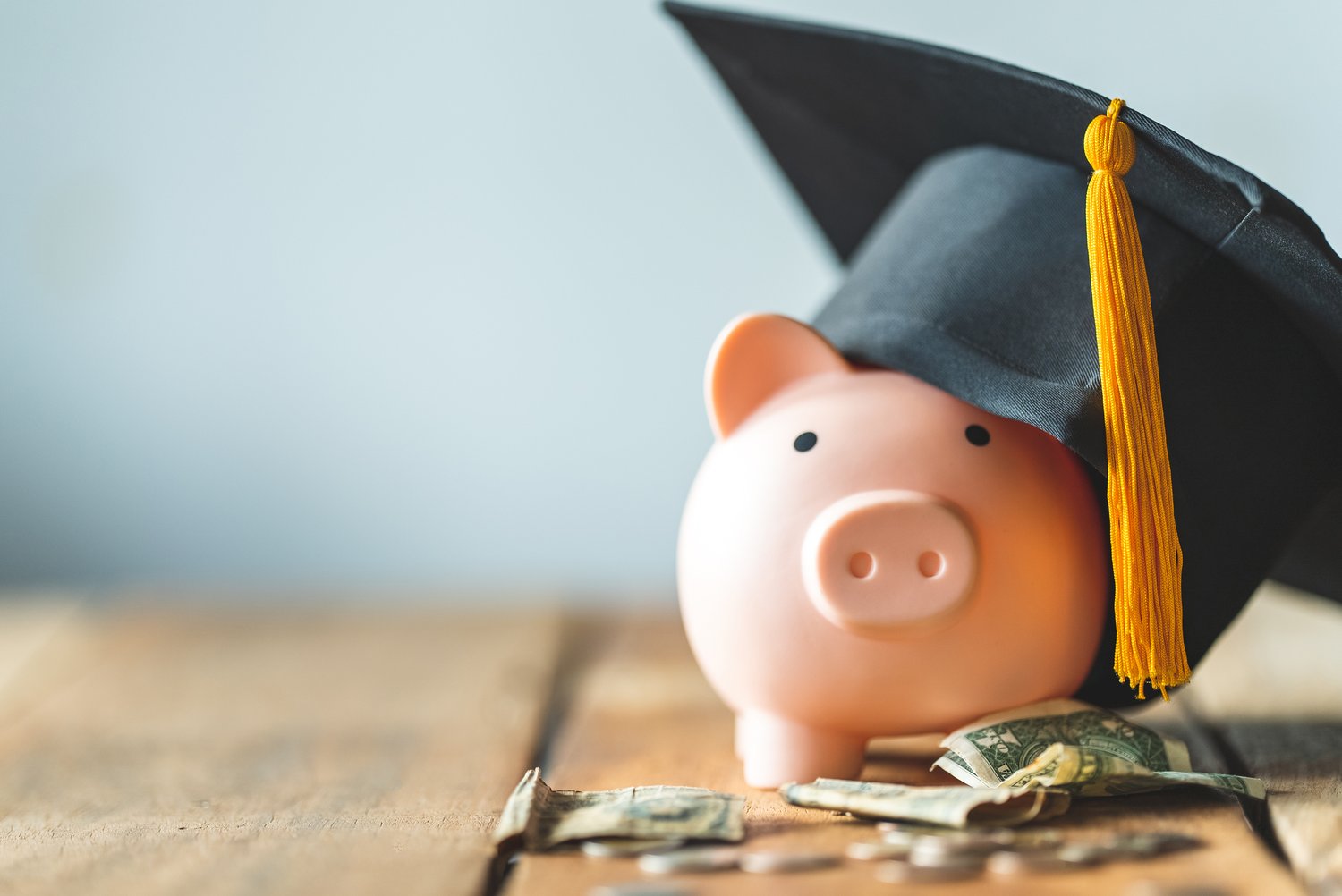To those who are labeling any fairness arguments against this forgiveness as jealousy or mean-spiritedness, here's a great article from Reason.
President Biden declared yesterday that COVID-19 provides a legal basis for wiping out millions of people's student loan debt, to the tune of hundreds of billions of dollars.

reason.com
"This last reason has taken the biggest beating from folks who approve of Biden's student loan plan and are taking aim at its critics. The uncharitable summary of it is that people who suffered in avoiding or paying off student loans just want others to suffer similarly. The implication in this line of criticism is that opponents of student loan forgiveness are just kind of assholes, twirling their mustaches and shouting, "pull yourselves up by your bootstraps!" at people drowning in debt.
Someone argued to me yesterday—citing Social Security benefits for comparison—that any new entitlement program will benefit some people while leaving out others who may have benefited had it been enacted sooner. For instance, someone in his 70s when Social Security started may have stopped working sooner had it been around a few years earlier. But I don't think this comparison holds up, since older workers excluded from a few extra years of retirement weren't put at a professional disadvantage relative to their peers. The same can't be said for student loan forgiveness.
And this gets at the crux of the fairness factor here, I think. It's not just that some people made certain sacrifices—like working more hours as a student or living with parents instead of in a dorm—that made the college experience
less fun. Many of the things they gave up may put them at a long-term
professional disadvantage relative to those who made different decisions regarding loans.
Choosing to go to a less prestigious school. Forgoing unpaid or low-paid internships and fellowships in favor of working jobs that pay better in the short-term but provide less long-term advantage. Working for pay instead of spending more time on personal projects or research related to one's field. Living in a cheaper city after graduation, or taking a more lucrative but less elite job right out of school. Decisions like these may have helped people avoid some student loan debt or pay off their debts more quickly while costing them other important things—the right lines on their early-career resumes, networking opportunities, professional contacts, etc. This could have a long-term effect on their professional opportunities and earnings. Meanwhile, they're competing for work with people who maybe did the right internships or went to a better school because of student loans.
It's not just that the latter group may have had more fun or made decisions deemed by some to be less "responsible" (which is arguable, considering the advantages these decisions may have conferred). It's that a lot of them may have a lifelong professional advantage over the former, and perhaps the fact that they incurred loan debt mitigated this somewhat—but not anymore. And never mind that these advantages may even make them better positioned to pay off their student loans.
None of this may change anyone's calculation about whether erasing student loan debt is ultimately good or bad policy. But maybe it will help people think twice before acting as if the tradeoffs in this calculation are all frivolous and anyone upset by them simply wants people to suffer."


